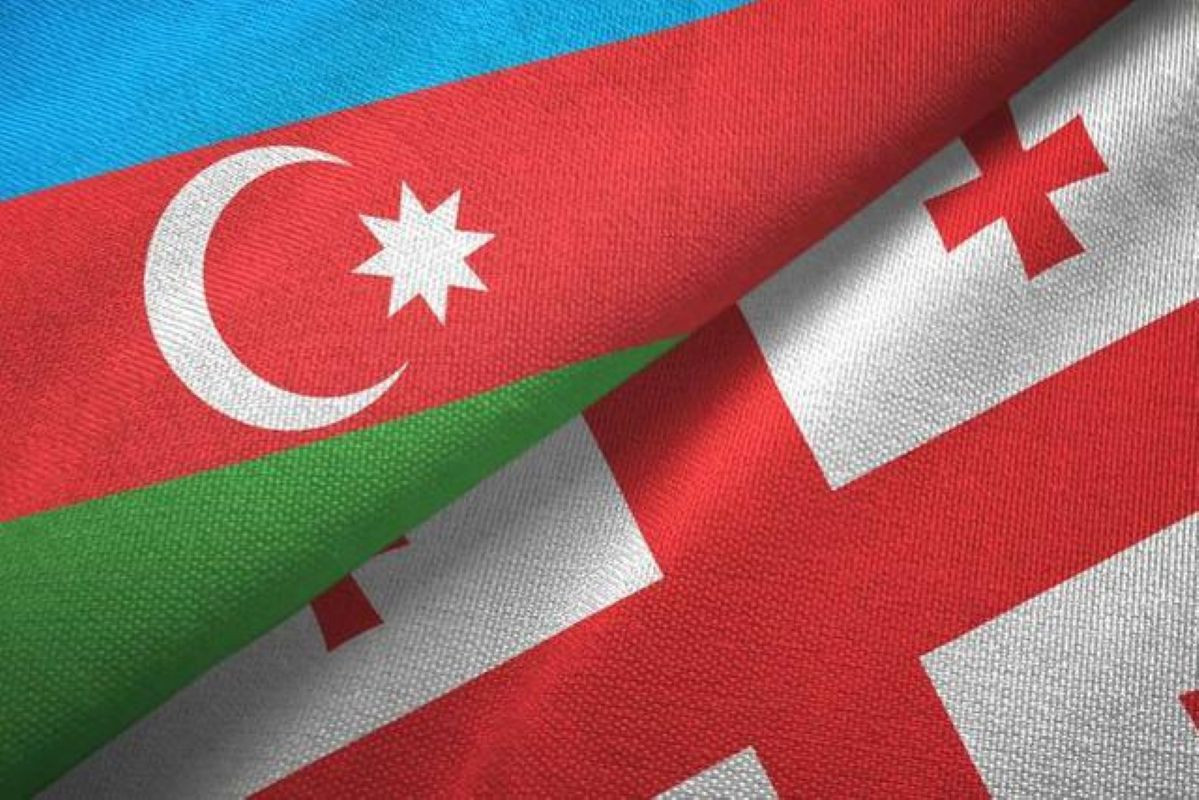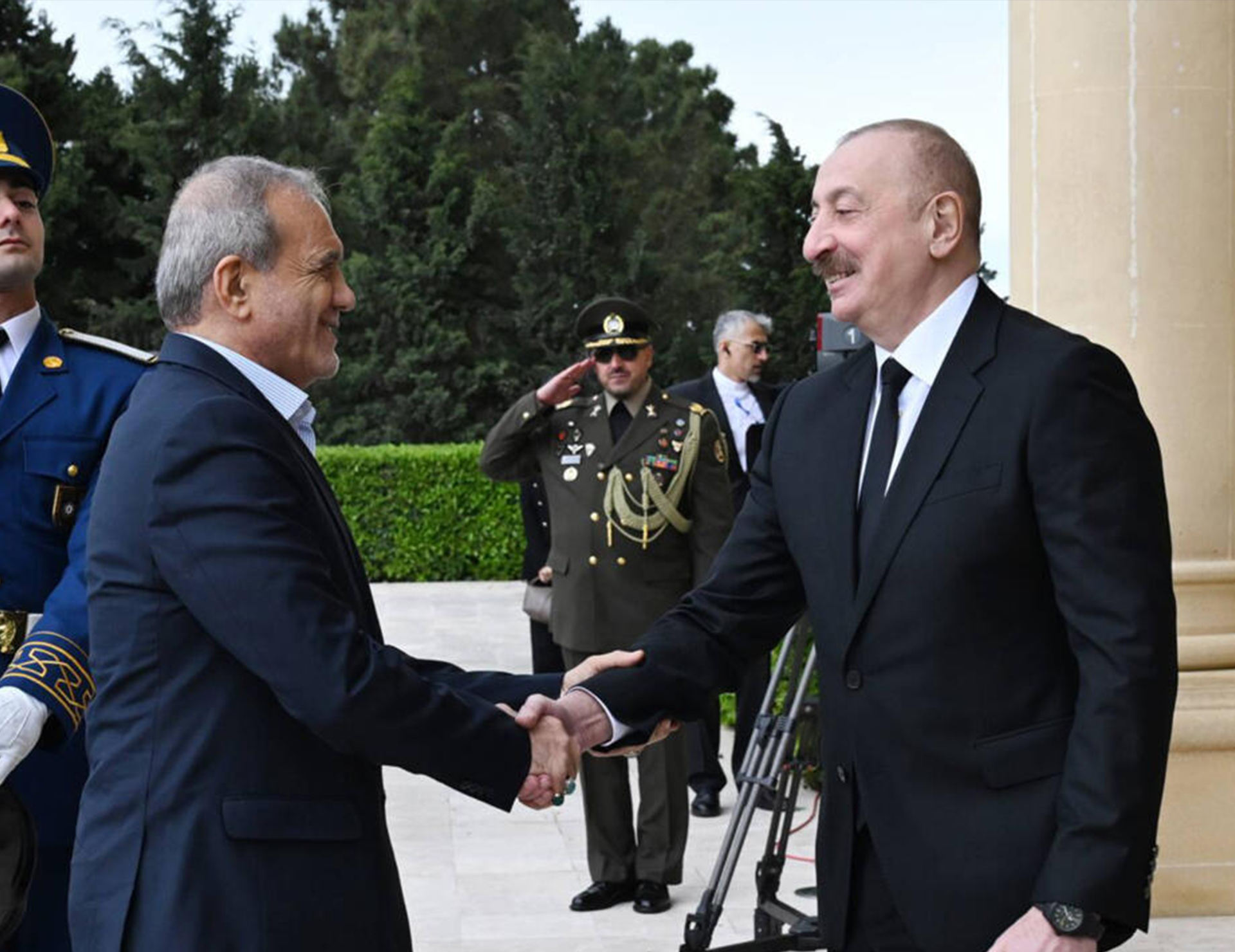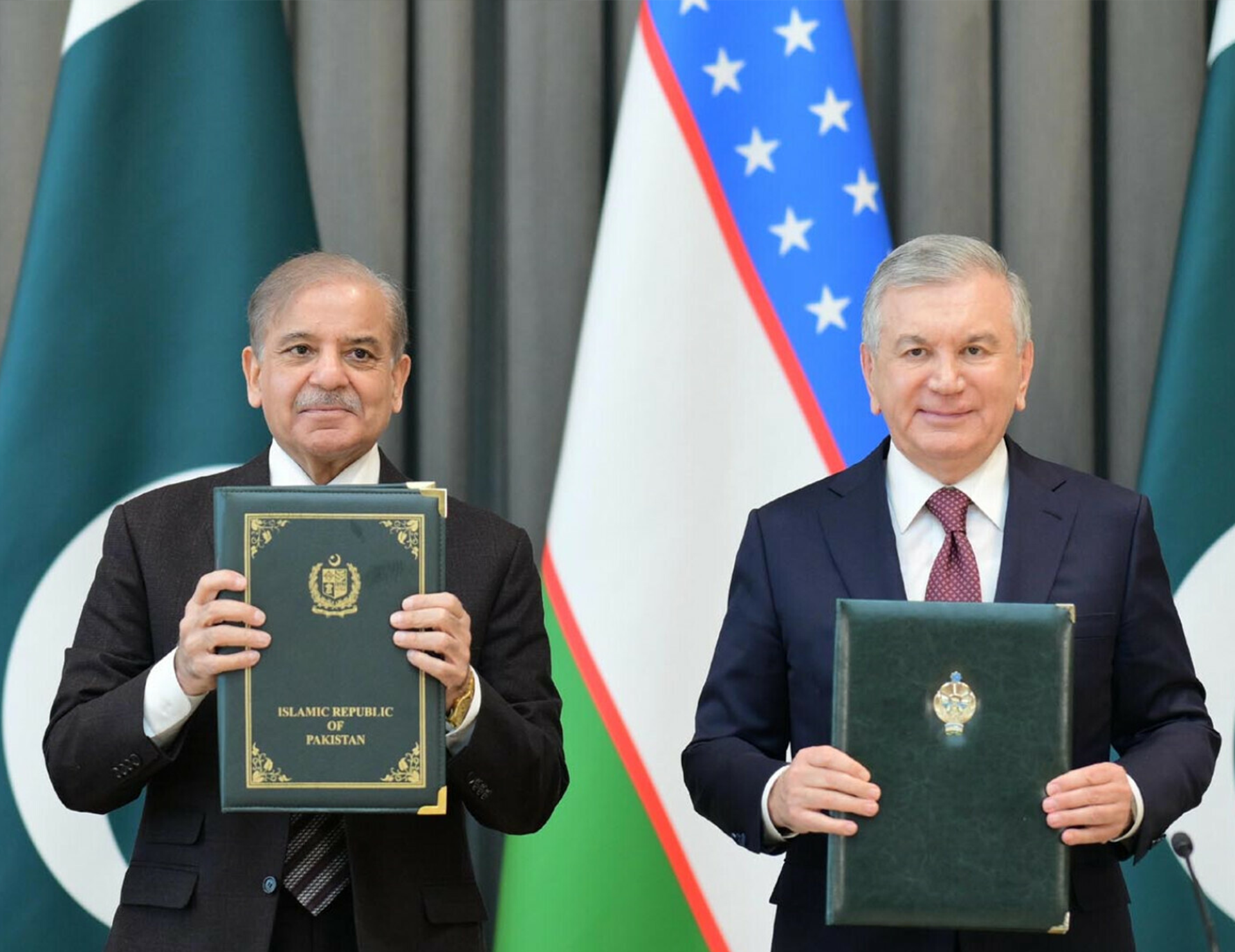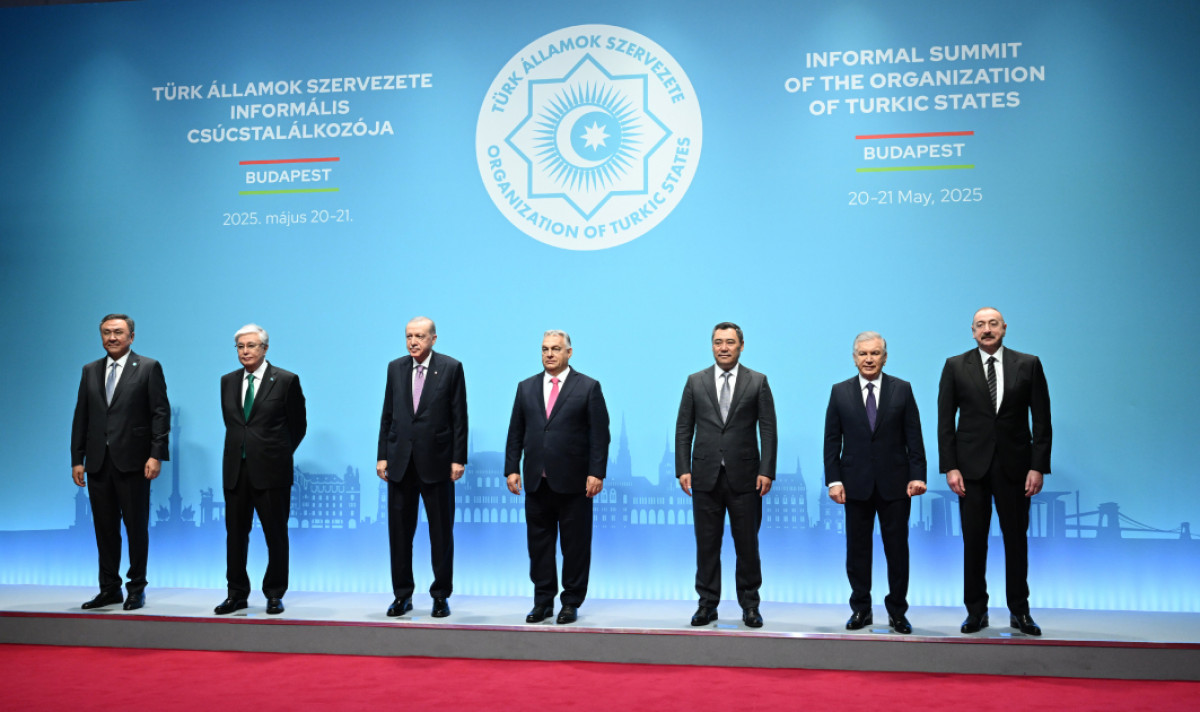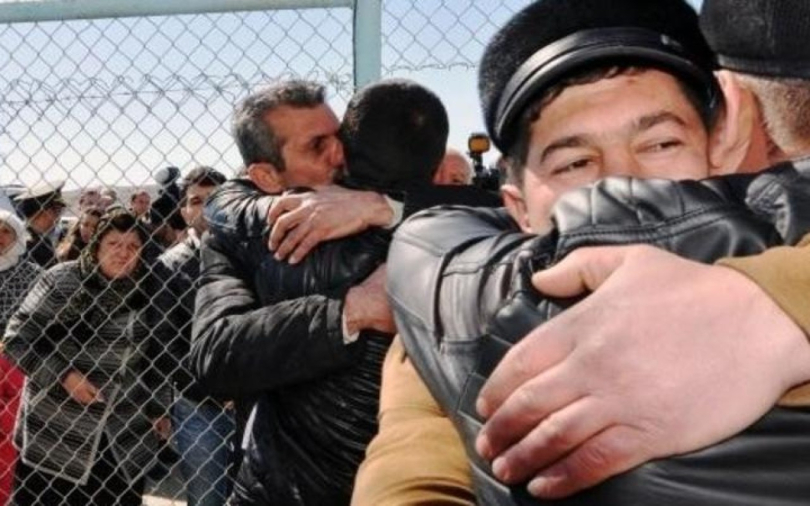The ongoing Russia-Ukraine war and President Donald J. Trump have already altered the geopolitical landscape in Europe. European countries are seeking deeper strategic partnerships with South Caucasus and Central Asian nations to diversify energy sources and foster regional cooperation and connectivity. In 2022, Azerbaijan and the EU signed a “Memorandum of Understanding on a Strategic Partnership in the Field of Energy,” which includes a commitment to double the capacity of the SGC to deliver at least 20 billion cubic meters (bcm) of gas to the EU annually by 2027. Last year, Azerbaijan exported 12.9 bcm of gas to Europe via the Trans-Adriatic Pipeline (TAP). Currently, the State Oil Company of the Azerbaijan Republic (SOCAR) supplies natural gas to twelve countries, including Slovakia, Türkiye, Georgia, Italy, Greece, Bulgaria, Romania, Hungary, Serbia, Slovenia, Croatia, and North Macedonia. It is important to highlight that the strategic partnership between Azerbaijan, Georgia, and Türkiye has played a crucial role in supplying Azerbaijani natural gas to European energy markets.
Moreover, the first summit between leaders of the EU and the five countries of Central Asia (Kazakhstan, Kyrgyzstan, Tajikistan, Turkmenistan and Uzbekistan) took place in Samarkand, Uzbekistan on 4th April, 2025 aimed deepening cooperation between the EU and Central Asia. The leaders further agreed fostering and maintaining strong ties in climate, energy and connectivity.
In addition to fossil fuels, alternative and renewable energy sources in the South Caucasus and Central Asia are vital for the EU to further reduce dependence on Russian fossil fuels and ensure long-term energy security. In pursuit of this goal, Azerbaijan, Georgia, and EU member states Romania and Hungary signed the “Memorandum of Understanding for the Development of the Black Sea Energy Submarine Cable (BSSC)” in 2022. Bulgaria has also expressed interest in joining this inter-regional energy project. The cable is part of the EU’s Global Gateway initiative. The project has secured a €2.3 billion investment from the European Commission and a $35 million loan from the World Bank. In her statement, Ursula von der Leyen, President of the European Commission, underlined that “this agreement will bring the European Union closer to our partners in the South Caucasus region, and it will help both our regions achieve the clean energy transition.” Strategically, the BSSC may serve as a foundational element for a broader Green Energy Corridor, potentially facilitating the export of green hydrogen and its derivatives—not only from the South Caucasus but also from Central Asia. This would create a comprehensive East–West energy bridge capable of fundamentally reshaping the structure and dynamics of the Eurasian energy landscape. Thus, the BSSC will be another strategic project implemented by Azerbaijan and Georgia, together with their European partners.
Meanwhile, Azerbaijan, Kazakhstan, and Uzbekistan have taken a significant step to secure financing for an ambitious plan to export electricity generated from renewable energy to Europe. They have signed a memorandum of understanding with the Asian Development Bank and the Asian Infrastructure Investment Bank. In May of last year, Azerbaijan, Kazakhstan, and Uzbekistan unveiled their Trans-Caspian plan, under which electricity generated from renewable sources in Central Asia—mainly solar and wind—would be exported to Azerbaijan, which would then relay the power to the EU. This marks a very positive step toward establishing the Central Asia–South Caucasus–European Union green energy corridor.
Connectivity is another cornerstone of international cooperation. Due to the ongoing Russia-Ukraine war, the Middle Corridor is becoming increasingly important. Azerbaijan’s transit potential makes the country a key transportation hub in the region. In this regard, the modernization of the BTK railway was a crucial step in increasing container transport via the Middle Corridor. By the end of 2024, modernization work on the Georgian section of the BTK line was completed, increasing its annual capacity from 1 million tons to 5 million tons. A key player in strengthening the Middle Corridor’s potential is “Middle Corridor Multimodal Ltd.,” a joint venture established with the participation of Georgian and Kazakh railways. This company implements a single-window approach, a stable tariff policy, and efficient transportation conditions. Furthermore, in 2024, China Railway Container Transport Corporation (CRCT), a subsidiary of China Railways, joined the joint venture, paving the way for a more advanced approach and the introduction of more professional transportation technologies along the Middle Corridor.
All the aforementioned projects clearly illustrate the strategic importance of Azerbaijan and Georgia for the West. Azerbaijan and Georgia are key players in the region, a point reiterated by the President of the Republic of Azerbaijan, Ilham Aliyev, during an international forum themed “Facing the New World Order” on April 9, 2025. President Aliyev noted that “all the transit—whether it’s oil, gas, or cargo—from Azerbaijan goes through Georgia.” Moreover, during a meeting with Georgian President Mikheil Kavelashvili on April 16 in Baku, President Aliyev emphasized that “Azerbaijan and Georgia have jointly implemented a number of important projects, which are of tremendous significance not only for our countries and peoples but also for a wider geography.”
In conclusion, all these projects unlock major economic opportunities for South Caucasus and Central Asian states. Azerbaijan stands ready to cooperate with all partners to deepen mutually beneficial and win-win cooperation. In a new world order, fostering stable cooperation with South Caucasus and Central Asian nations will be significantly important for the EU to ensure energy security and sustainable economic development.

